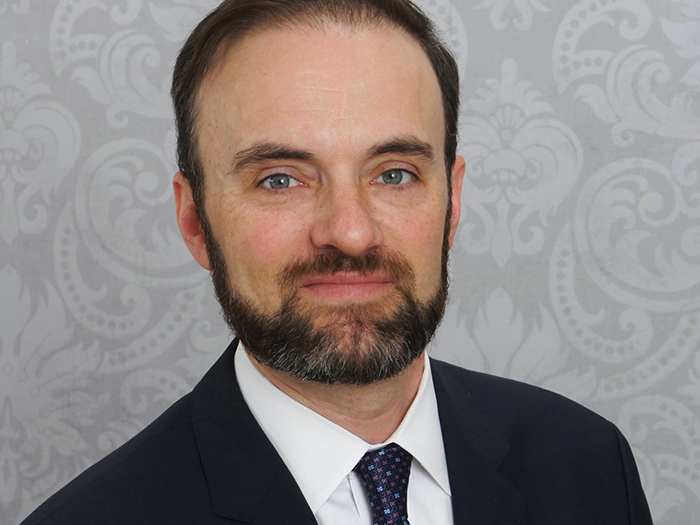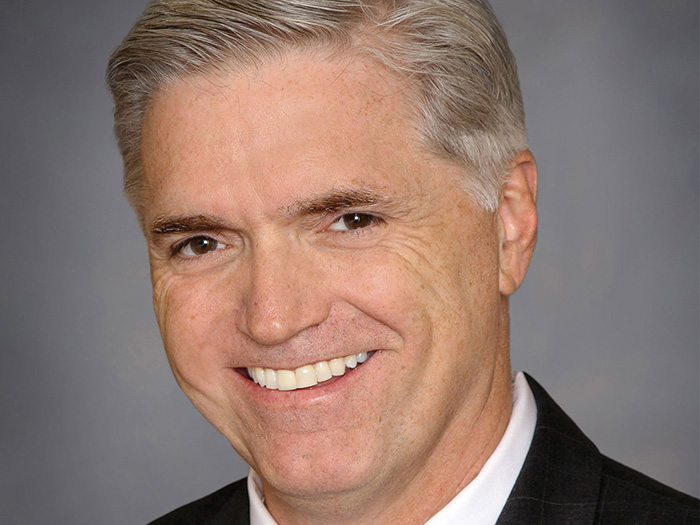Starbucks Brews New Mental Health Benefits for Employees. Here’s Why Your Company Should, Too

It’s no surprise that Starbucks is a leader when it comes to advocating for employee health and well being.
The coffee retailer was recognized by Risk & Insurance® as one of our 2018 Teddy award winners for its workers’ compensation program, and the New York Times has covered its generous paid family leave program.
Now Fast Company is reporting on Starbucks’ expanded mental health benefits, which include offering employees up to 20 free therapy sessions.
Starbucks is working with the mental health benefits provider Lyra Health to connect its employees, or partners as Starbucks would say, with therapists or coaches. It plans to launch the program on April 6.
“Partners were saying that there’s more we could do as a company to help them around the topic of mental health and well being,” Kevin Johnson, Starbucks’ CEO, told Fast Company.
“As a leadership team, we said, ‘Let’s figure out what we can do.’ ”
Starbucks’ Initiatives
Unlike some of Starbucks’ other benefits, which require an employee to typically work an average of 20 hours per week to receive coverage, the new program will be available to all of Starbucks’ nearly 220,000 employees.
Workers at licensed stores, such as those found in airports, are ineligible, however, because they are employed by the airport and not coffee giant.
The new benefits will include up to 20 free therapy sessions for Starbucks employees and each of their eligible family members.
The company told Fast Company this new offering emerged after conversations with employees, including veterans and their spouses, who expressed a need for greater emotional support as they transitioned to post-military life.
In addition to its new partnership with Lyra Health, Starbucks has introduced a number of other employee-focused mental health measures. It offers free subscriptions to the mental health meditation app Headspace, and it has an online mental health forum that more than 5,000 employees contribute to, according to Fast Company.
Mental health was also a key topic of discussion at the company’s leadership conference, which included a guided group meditation session for all of the 14,000 employees in attendance last fall.
Why Your Company Should Follow Starbucks’ Lead
As Starbucks has shown, mental health is becoming more than just a buzzword for companies.
In addition to affecting their personal lives, an employee’s mental health can have a direct effect on their job performance.
A 2019 study found that one in 25 adults lives with mental illness severe enough to interfere with major life activities, and mental health claims increased 10% year over year between 2015 and 2018.
The occupational stress phenomenon of burnout is also contributing to employees’ poor state of psychological well being. A recent Gallup poll reported that nearly two thirds of full-time workers are affected by burnout.
When mental health issues collide with safety or workers’ compensation claims, they can lead to injuries and drive up costs for employers.
The World Health Organization (WHO) estimates depression and anxiety cost the global economy $1 trillion per year in lost productivity, and a webinar from Mercer on mental health and workers’ comp notes that an effective integration of medical and mental health within a workers’ comp program could save between $26 billion and $48 billion annually.
Employers can take action, however, to reduce their employee’s mental health strain.
Employee assistance programs, telemedicine offerings and other tools can help employees manage mental health. WHO reports there is a four dollar return-on-investment for every dollar put into scaled-up treatment of common mental health disorders.
Despite an increased awareness of mental health conditions, a stigma remains around discussing them at work.
The WHO notes that 49% of workers do not think their line manager would know what to do if they talked to them about a mental health issue.
Educating managers and providing them with training on how to discuss mental health conditions with employees can go a long way in reducing the stigma and making employees more comfortable discussing mental health at work.
At Starbucks, prioritizing mental health within the workplace has gone a long way in reducing the stigma and making employees comfortable discussing their mental health conditions.
“I learned it is okay to not be well,” said Brian Alfano, an employee who attended Starbucks’ annual leadership conference last fall. “I felt like 90% of that whole conference was about mental health.” &











